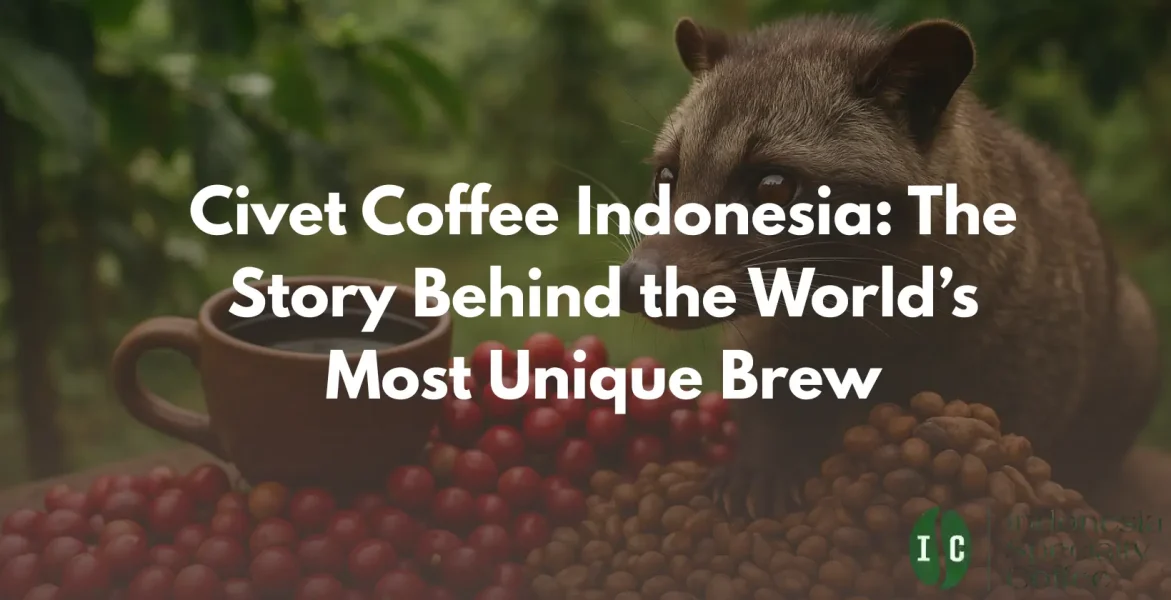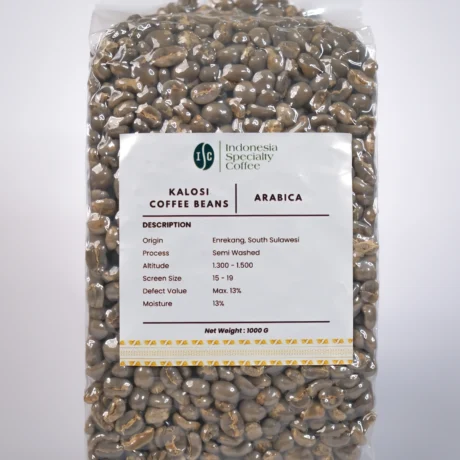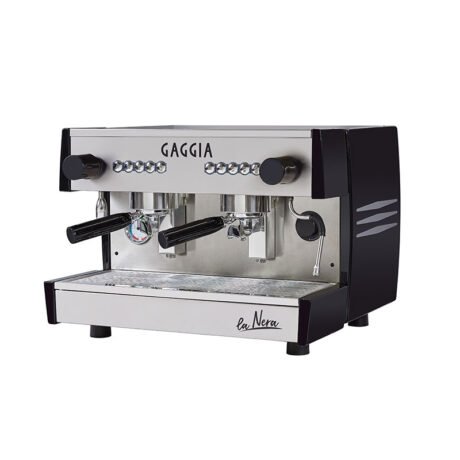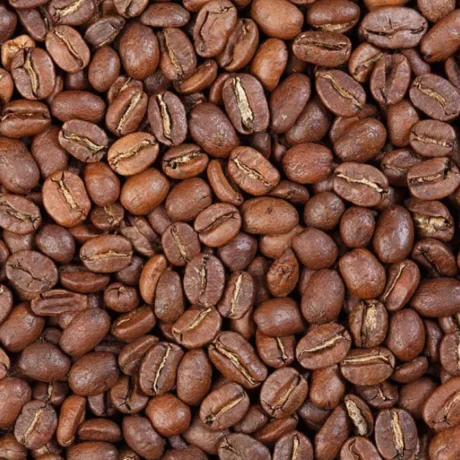Indonesian Civet Coffee, or Kopi Luwak, stands as one of the most exclusive and intriguing coffees in the world. Known for its smooth, distinctive flavor and fascinating production journey, this rare coffee variety reflects Indonesia’s deep-rooted coffee heritage and natural biodiversity.
In this article, we’ll uncover the origins, production process, and cultural importance of Civet Coffee Indonesia, along with its growing global recognition and sustainable future.
The Origins of Civet Coffee in Indonesia
The story of Civet Coffee Indonesia dates back to the early 18th century, during the Dutch colonial era, when coffee cultivation began across the Indonesian archipelago. Local farmers soon noticed that Asian palm civets, small nocturnal mammals, selectively ate ripe coffee cherries and later excreted the beans intact.
Curiosity led to discovery — the civets’ digestive enzymes fermented the beans naturally, transforming their chemical composition and enhancing their flavour. This remarkable process gave birth to Kopi Luwak, a coffee unlike any other.
Indonesia’s fertile landscapes and rich ecosystems provided the perfect environment for civet cats and coffee plants alike. Regions such as Sumatra, Java, Bali, and Sulawesi soon became renowned for producing high-quality Civet Coffee, establishing Indonesia as the birthplace of this rare delicacy.
The Meticulous Civet Coffee Production Process
Every stage of Civet Coffee Indonesia’s production requires precision, care, and experience from bean selection to brewing. Here’s how this extraordinary coffee is made:
- Selection of Coffee Cherries: Farmers handpick only the ripest, highest-quality coffee cherries, ensuring the perfect foundation for premium Civet Coffee.
- Consumption by Civet Cats: The cherries are eaten by civet cats, which instinctively select the sweetest and most aromatic fruits. During digestion, natural enzymes interact with the beans, beginning the fermentation process.
- Collection and Cleaning: Once excreted, farmers carefully collect the beans from the civets’ droppings. They are then meticulously cleaned and sorted by hand to ensure purity and quality.
- Fermentation and Drying: The beans undergo controlled fermentation, enhancing their aroma and reducing bitterness. Afterwards, they are washed and dried under the sun.
- Roasting and Grinding: Expert roasters bring out the beans’ distinctive character through carefully monitored roasting. Once roasted, the beans are ground to suit different brewing styles — from pour-over to espresso.
Each step contributes to the coffee’s luxurious flavour: smooth, earthy, and subtly sweet, with a depth that lingers on the palate. Due to its rarity and labour-intensive process, Civet Coffee Indonesia remains one of the world’s most exclusive brews. Interested in tasting the authentic flavour? Explore our curated collection of ethically sourced Kopi Luwak at Specialtycoffee.id.
The Rise of Civet Coffee in Indonesia
Global Demand and Prestige
The unique story and flavor of Kopi Luwak have captivated coffee enthusiasts around the world. Its scarcity and exclusivity make it a sought-after treasure for collectors and connoisseurs alike. This rising global appreciation has elevated Indonesia’s position in the specialty coffee market.
Challenges and Ethical Considerations
Despite its prestige, the Civet Coffee industry faces challenges — limited supply, high production costs, and ethical concerns surrounding civet welfare. Some farms have been criticized for keeping civets in poor conditions.
In response, many producers now adopt ethical sourcing practices, ensuring civets roam freely and are treated humanely. Certifications and sustainability standards have become essential for maintaining transparency and consumer trust.
Economic and Cultural Impact
Beyond its international fame, Civet Coffee plays a vital role in supporting Indonesia’s rural communities. It provides valuable income for farmers and boosts coffee tourism, as visitors seek to experience the production process firsthand. This industry has not only strengthened local economies but also preserved cultural traditions tied to Indonesian coffee.
The Future of Civet Coffee Indonesia
The future of Civet Coffee looks promising as sustainability, innovation, and ethical practices take center stage.
- Emerging Innovations: New research and processing methods aim to refine Civet Coffee’s quality while improving traceability.
- Global Market Growth: As demand for specialty and rare coffees increases, Kopi Luwak continues to hold its premium reputation.
- Sustainability Focus: Ethical certifications and responsible farming practices will help ensure long-term industry growth and civet welfare.
Conclusion
Civet Coffee Indonesia remains one of the world’s most remarkable coffees — a harmonious blend of nature, culture, and craftsmanship. Its smooth, refined taste tells a story centuries in the making.
At Specialtycoffee.id, we proudly offer authentic, ethically sourced Kopi Luwak from Indonesia’s finest coffee regions. Experience the elegance and rarity of true Luwak Coffee, carefully crafted for those who appreciate the art of exceptional coffee. Order your authentic Kopi Luwak today at Specialtycoffee.id and bring home Indonesia’s most exclusive coffee experience.





